As India gears up for its 18th general election, attention has turned to the diverse range of candidates vying for seats in the Lok Sabha. Amidst the backdrop of affluent candidates with vast fortunes, a handful of individuals stand out for their remarkably modest assets, highlighting the spectrum of economic diversity in the electoral arena.
In a surprising turn of events, Ponraj K, an independent candidate from the Thoothukkudi constituency in Tamil Nadu, has emerged as the poorest candidate in the 2024 Lok Sabha elections thus far. With total assets amounting to a mere 320 rupees, Ponraj's candidacy symbolizes the democratic principle that wealth is not a prerequisite for political participation.
Joining Ponraj on the list of impoverished candidates are individuals like Karthik Gendlaji Doke, contesting from the Ramtek Lok Sabha constituency in Maharashtra, with assets totaling 500 rupees. Similarly, Surya Mathur and Dhamodharan, both independent candidates from Tamil Nadu, possess assets amounting to 500 rupees and 1 thousand rupees, respectively.
Further underscoring the economic diversity among candidates, Sebastian from Chennai North boasts a meager property value of 1500 rupees. Despite their minimal assets, these candidates have chosen to participate in the democratic process, embodying the spirit of grassroots engagement and representation.
However, amidst the ranks of candidates with modest means, a significant portion of contenders possess substantial wealth. Of the 1,618 candidates participating in the first phase of elections, a staggering 28 percent, totaling 450 individuals, are millionaires. Moreover, 193 candidates boast assets exceeding 5 crores, with an additional 139 candidates possessing assets exceeding two crores.
With 277 candidates reporting assets surpassing 50 lakhs, the electoral landscape reflects a diverse array of economic backgrounds and interests. As voters prepare to cast their ballots, the juxtaposition of affluent and economically disadvantaged candidates serves as a testament to the democratic ideals of inclusivity and representation in the world's largest democracy.



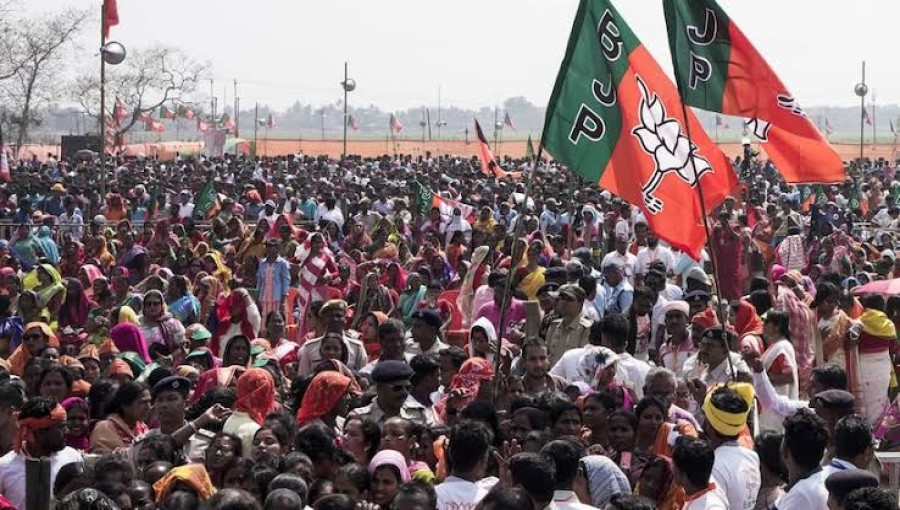

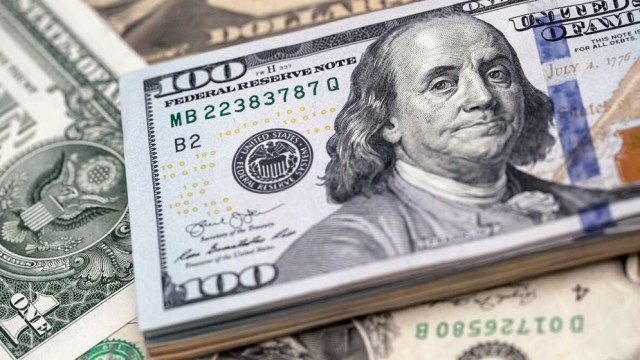

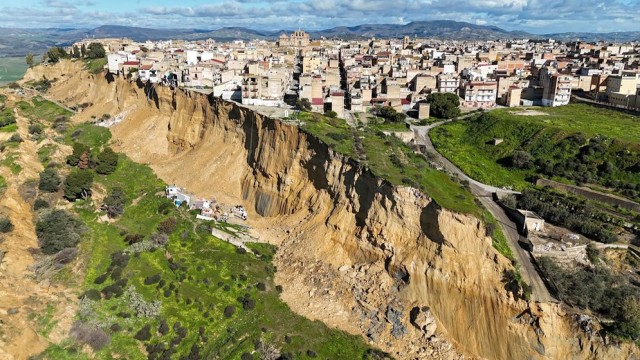
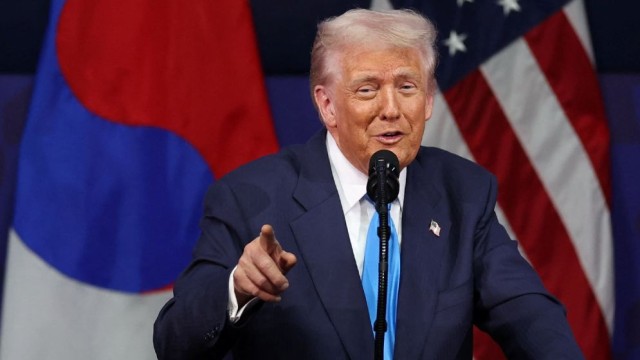

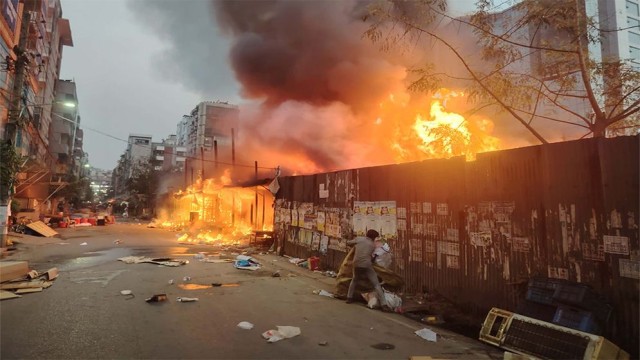
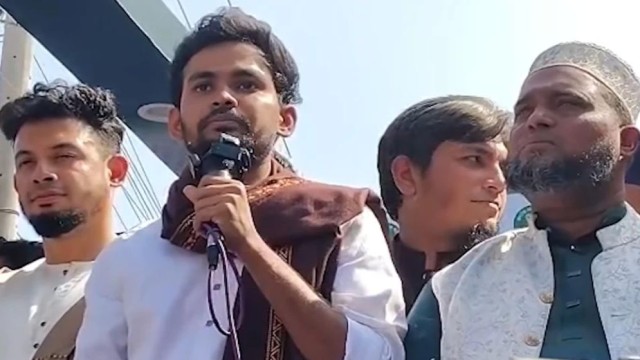

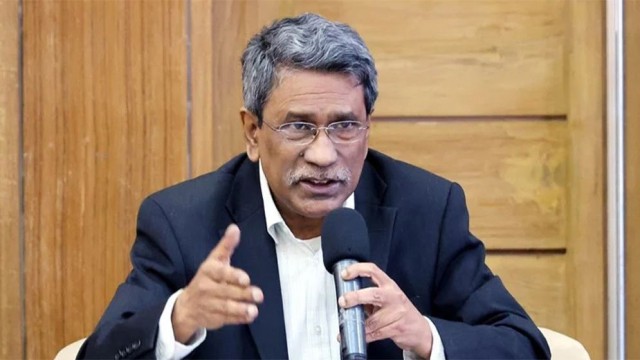


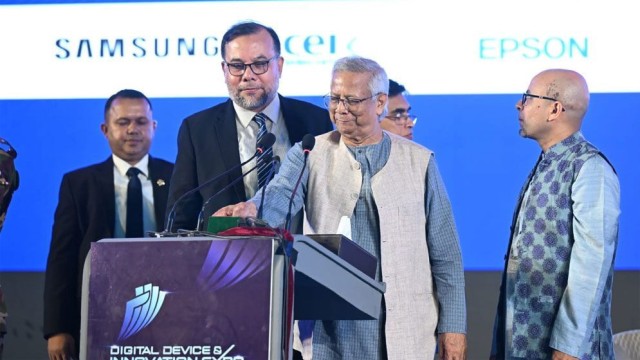
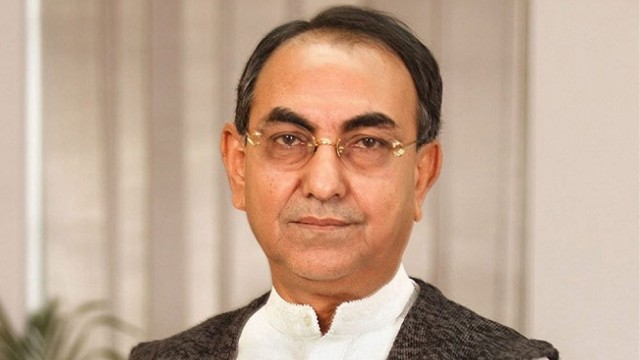
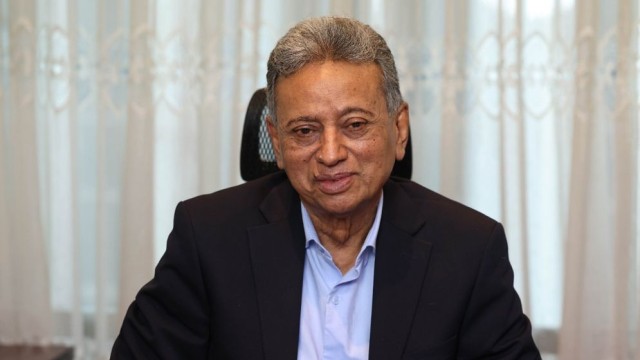
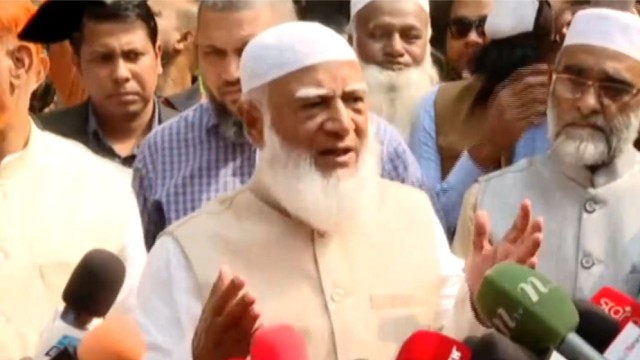

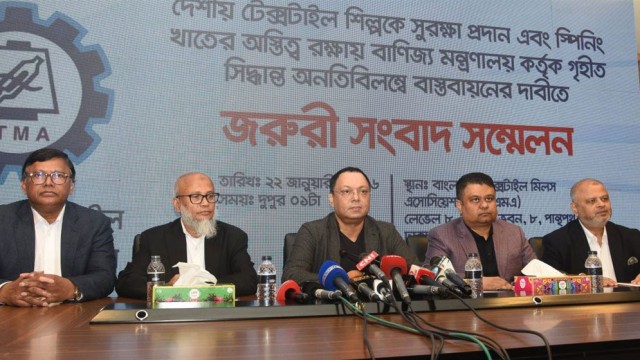
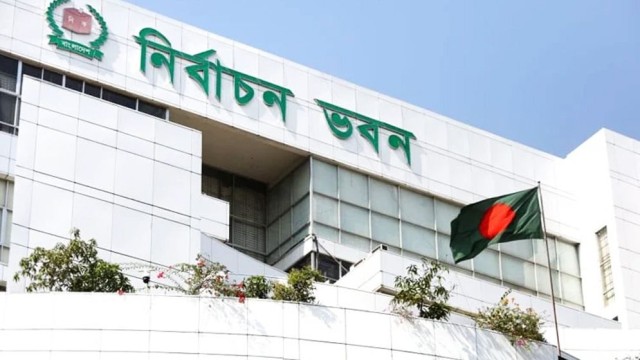

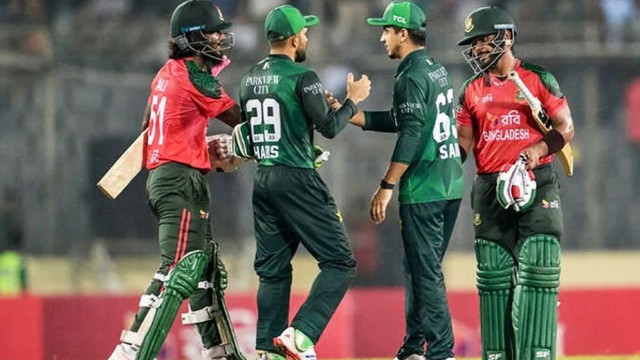

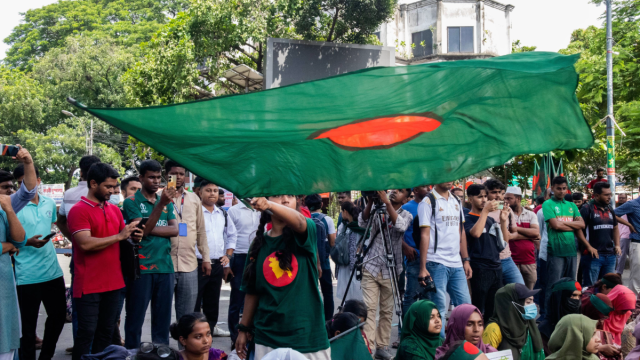

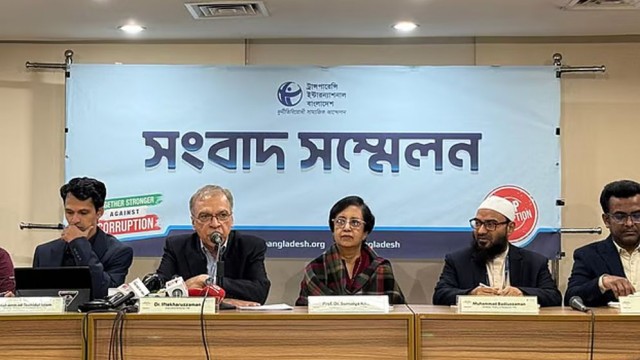

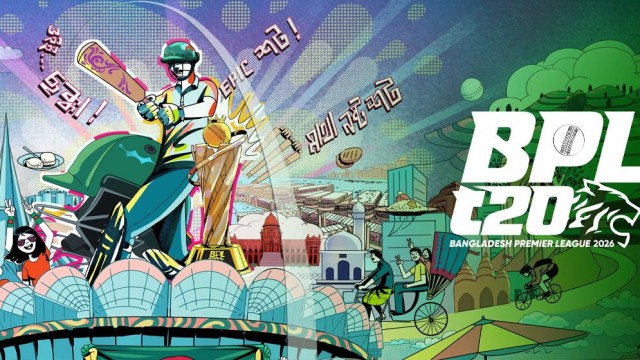
Comment: